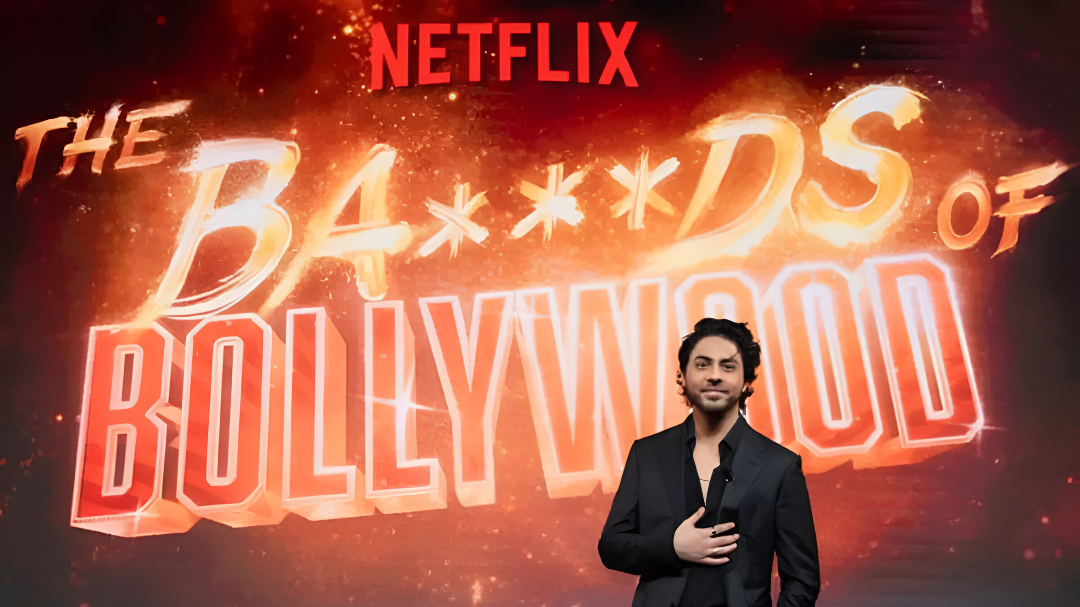Former Narcotics Control Bureau (NCB) officer Sameer Wankhede has filed a defamation case in the Delhi High Court against Netflix and Aryan Khan over the documentary series “The Ba**ds of Bollywood.”* The series revisits controversial moments in the film industry and includes Aryan Khan’s account of his 2021 arrest in the Mumbai drugs-on-cruise case. Wankhede argues that the show damages his reputation and portrays him in a negative, unfair light.

In his petition, Wankhede claims that the series creates the impression that the case against Aryan Khan was politically motivated or fabricated. He says such suggestions tarnish his professional career and credibility. According to him, even public officials deserve protection from narratives that can mislead the public and cause permanent harm to their image. By moving the court, Wankhede is seeking not just the removal or alteration of certain parts of the documentary but also a recognition that the portrayal is defamatory.
The Netflix show, meanwhile, presents itself as a behind-the-scenes account of high-profile scandals in Bollywood. Aryan Khan’s arrest was one of the most widely covered stories of 2021. The then 23-year-old was detained during a cruise ship raid off the Mumbai coast, sparking weeks of news coverage and heated political debates. Although Aryan was eventually cleared of serious charges, the initial arrest left a lasting mark on his life and reputation. In the series, Aryan reportedly shares how the case affected him and his family and reflects on the harsh glare of media attention.

The problem, according to Wankhede, is that the show portrays him as a villain in the story, questioning his motives and professionalism. For him, the investigation into Aryan was conducted as per law, based on intelligence inputs, and without bias. By telling the story differently, he believes Netflix and Aryan have created a misleading narrative that now damages his personal and professional standing.
So far, Aryan Khan himself has not spoken publicly on Wankhede’s court filing, but his participation in the documentary clearly signals that he wants to reclaim his voice in the saga. For Aryan, the film is a way to counter media trials he faced at the time and present his emotional side of the experience. For Wankhede, however, this same storytelling crosses into misrepresentation.

This clash underscores the broader tension between freedom of expression and protection of reputation. Documentaries, especially those on global platforms like Netflix, often highlight personal perspectives and alternative viewpoints that don’t always align with official records. While this gives audiences more insight into real stories, it also raises questions about fairness when public officials or private individuals are depicted in controversial ways.
The Delhi High Court will now have the difficult task of balancing these rights. Aryan Khan has the right to share his experience and the impact of the case on his life. At the same time, Sameer Wankhede has the right to stop defamatory portrayals that may harm his career. The outcome of this case could influence how future documentaries are made in India, especially those dealing with sensitive legal matters and real people.
In the end, this case is not just about a Netflix show. It is about who gets to control the narrative of highly publicized events—those who lived through them, those who investigated them, or the media that tells the story afterwards. The Delhi High Court’s decision may help clarify how far freedom of expression can go before it crosses into defamation.
With inputs from agencies
Image Source: Multiple agencies
© Copyright 2025. All Rights Reserved. Powered by Vygr Media.

























